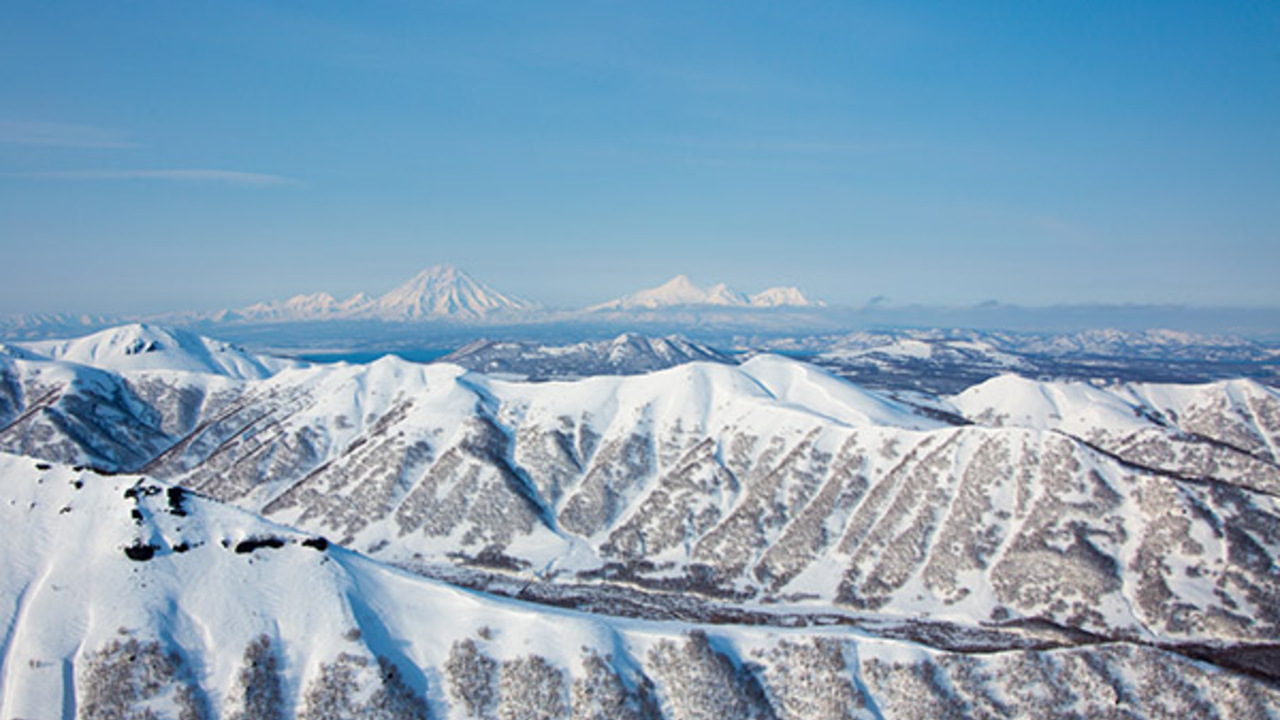One of the many consequences of global warming and climate change is the shrinking of glaciers due to accelerated melting. The most serious losses occur in mountain glaciers, which account for 80% of the global reduction in glacial volume. The Kamchatka Peninsula in Russia is one such region. However, despite the impact and importance of these glaciers on the circulation of water in the North Pacific, their losses have been less studied.
A research team led by Professor Shin Sugiyama from Hokkaido University’s Institute of Low Temperature Sciences used satellite data to detect changes in the mass of glaciers on the Kamchatka Peninsula. Their findings show that over the last 20 years, 4.9 gigatons of ice has been lost on the peninsula, corresponding to a sea level rise of 0.013 mm between 2000 and 2016. Losses were greatest in the eastern and northern parts of the region. The results of the study were published in the Journal of Glaciology.
The peninsula has a long mountain range and many active volcanoes, and the peninsula has a total of 405 glaciers. Fresh water entering the Sea of Okhotsk from the Kamchatka Peninsula plays an important role in the circulation of seawater in the North Pacific Ocean. Therefore, it is extremely important to understand the dynamics of glaciers in this region.
Source: Ferra










